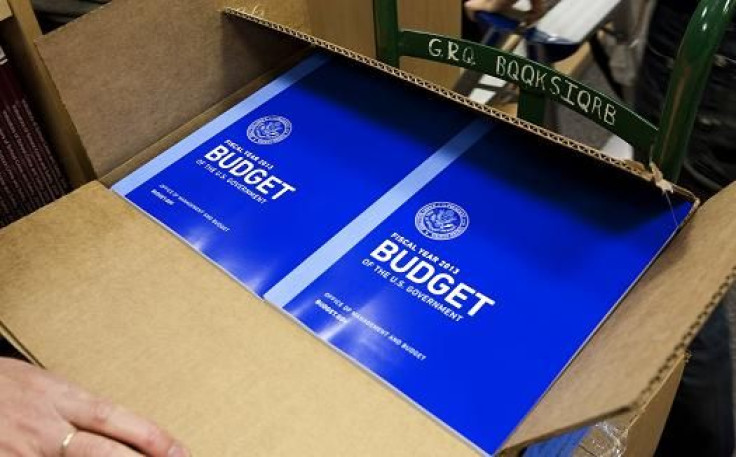Senate 2014 Budget: Democrats Vote 50-49 For Taxes In A $3.7T Plan Doomed To Fail In House

The U.S. Senate narrowly approved its first budget in four years early Saturday morning, voting 50-49 to pass a $3.7 trillion blueprint that sets priorities for the 2014 fiscal year -- one of them being new tax revenues.
No Republicans voted for the Senate’s 2014 budget plan. Four Democrats facing tough re-election campaigns in 2014 opposed it. They are Max Baucus of Montana, Mark Begich of Alaska, Kay Hagan of North Carolina and Mark Pryor of Arkansas.
While it would reap approximately a trillion dollars in new tax revenues by closing loopholes and cut spending by the same amount, the Senate’s plan would not balance the budget in the next decade as the House’s budget resolution would. It will, however, preserve social safety net programs for the poor and the elderly, things that the Republican budget in the House has either put on the chopping block or altered dramatically.
Earlier this week, Republicans in the House backed the budget drawn up Paul Ryan, R-Wis. That blueprint would bring about $5 trillion in savings over the next decade without raising new taxes. To balance the books in 10 years, the Ryan budget takes advantage of savings from the New Year's fiscal cliff deal, the sequester -- cuts planned in 2011 that just went into effect -- and more than $700 billion in Medicare savings under Obama's health care program. In addition, the Ryan plan would drive deep cuts in entitlement programs.
Both budgets are non-binding and are expected to fail once they reach the other chamber because they each contain proposals that are unacceptable to the opposing party.
© Copyright IBTimes 2024. All rights reserved.












